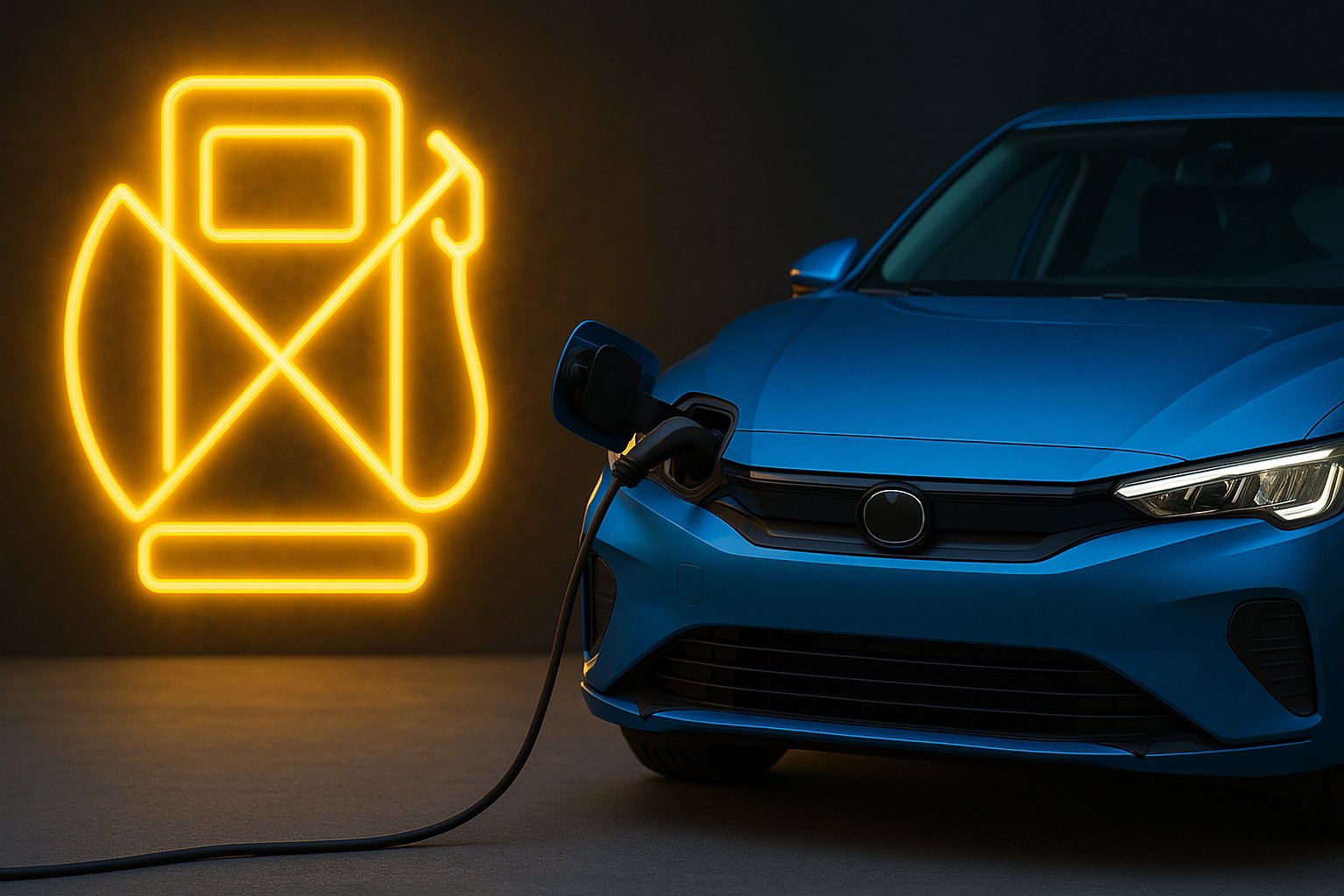
Mythbusting Electric Vehicles: What Every Driver Should Know in 2025
Auto 🚗 2025-04-21 5 minutes to readAs we move further into the 21st century, electric vehicles (EVs) are becoming more prevalent and essential for sustainable transportation. While electric cars have gained popularity and government backing, uncertainty and misconceptions still loom over them. This guide seeks to debunk common myths surrounding electric vehicles, providing clear-cut truths and insights for potential and current EV owners in 2025.
Introduction: Setting the Record Straight on Electric Vehicles
In 2025, electric vehicles are more than just a trend; they are an integral part of efforts to curb carbon emissions and achieve environmental goals globally. Despite their widespread adoption, misunderstandings continue to slow their acceptance. Addressing these myths is crucial for consumers to make informed decisions.
How to Choose the Right Electric Vehicle
Understanding Your Needs
The first step in choosing the right EV is understanding your personal needs. Consider your daily commute distance, access to charging stations, and budget constraints. Different models cater to various lifestyles and requirements. Compact electric cars work well for city driving, while SUVs provide more space for families.
Comparing Range and Efficiency
Range anxiety is a common concern that potential buyers face. It is essential to compare the range performance of different models based on your regular travel patterns. Modern EVs typically offer a range exceeding 250 miles, with some models surpassing 400 miles on a single charge—sufficient for most drivers.
Evaluating Charging Options
The availability and convenience of charging stations should influence your decision. Consider whether you have easy access to home charging, public charging facilities, and the potential for workplace charging. This can significantly affect the convenience of owning an EV.
Electric Vehicle Maintenance and Ownership Costs
Repair and Servicing Advantages
Contrary to some beliefs, EVs typically require less maintenance than conventional vehicles. With fewer moving parts and no need for oil changes, owners generally experience lower service costs. Regular software updates can be conducted over-the-air, enhancing vehicle features and performance without dealership visits.
Cost of Battery Replacement
The battery is a central component of an EV, and its replacement cost has historically been a concern. However, advances in battery technology have extended their lifespan significantly, with warranties often covering up to 100,000 miles or 8 years. Furthermore, battery costs continue to decline as technology improves.
Incentives and Savings
Many governments provide tax incentives and rebates for EV purchases, reducing the initial cost. Additionally, the savings on fuel and maintenance costs over the vehicle's life can make owning an electric car more economical than traditional vehicles.
Debunking Common Myths
Myth 1: Electric Vehicles Are Too Expensive
While the sticker price of EVs can be higher, the total ownership cost can be comparable to or lower than that of gasoline-powered vehicles. Electric cars offer savings in fuel costs and maintenance, which can outweigh the initial purchase price disparity.
Myth 2: Electric Vehicles Are Not Environmentally Friendly
Concerns about the environmental impact of battery production notwithstanding, EVs are generally more sustainable over their lifetime. Renewable energy sources for electricity generation and improved recycling processes for batteries further enhance their eco-friendliness.
Myth 3: Electric Vehicles Have Limited Range
The perception that EVs cannot handle long trips is increasingly outdated. With growing charging infrastructure and technological advancements offering longer ranges, electric vehicles are now more versatile and capable of long journeys.
Myth 4: Lack of Charging Infrastructure
The charging network has expanded significantly, with fast-charging stations available nationwide in many countries. Moreover, home charging options offer convenience, enabling most users to start each day with a full charge.
In summary, electric vehicles in 2025 present a viable, sustainable, and increasingly convenient alternative to traditional vehicles. Understanding your needs, evaluating costs and savings, and acknowledging the debunked myths can significantly influence your decision to join the growing community of electric car owners. As infrastructure continues to develop and technological advancements fuel progress, the transition to electric mobility promises a cleaner future.
Before making a decision, consider test-driving various models, examining incentives, and ensuring your lifestyle aligns with the benefits an EV offers. The insights shared in this guide aim to empower consumers to make informed choices and comfortably navigate the evolving world of electric transportation.
